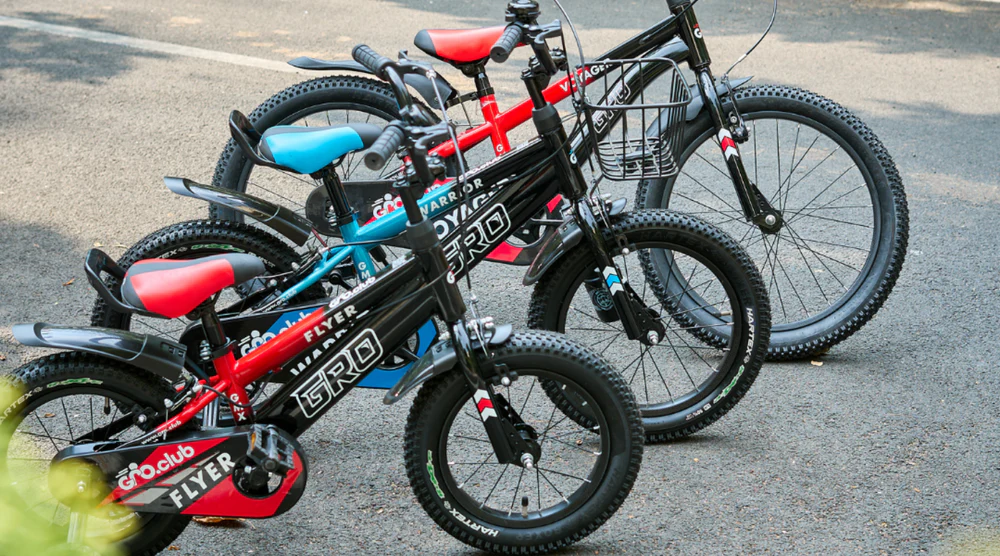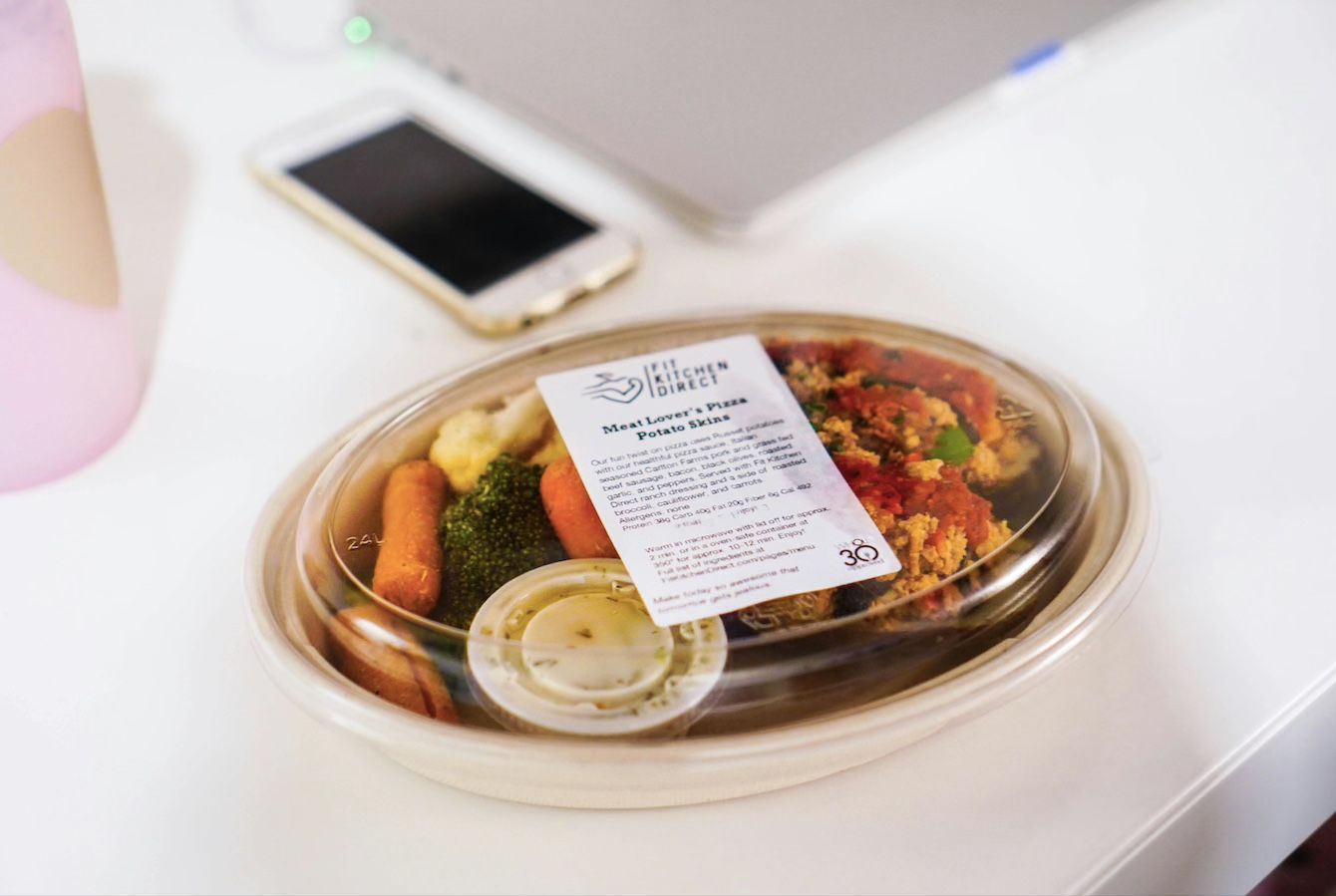
Introduction:
In 2022, amidst the hustle and bustle of Bangalore, a group of four friends embarked on a journey that would redefine the way parents approach the challenges of raising children.
Pruthvi Gowda, Roopesh Shah, Hrishikesh Halekote Shivanna, and Sapna M S Gowda, all parents themselves, founded Gro Club, a startup that seamlessly combines sustainability with entrepreneurship.
The spark for Gro Club ignited when Pruthvi Gowda became a father to a baby boy.
Like many parents, he found himself grappling with the realization that children outgrow their possessions at an astonishing rate.
The Journey:
Recognizing the need for a more sustainable and cost-effective solution, the four friends joined forces to launch Gro Club.
The startup’s mission is simple yet profound: provide parents with bicycles, carriers, and cribs on a subscription basis.
This not only addresses the problem of children outgrowing items quickly but also tackles the environmental impact of traditional consumption patterns.
In its inaugural year, Gro Club has achieved remarkable milestones. With a subscriber base of 5,700 and recent funding amounting to Rs 4.3 crore, the startup is gaining traction in Bangalore.
The founders, driven by a shared commitment to sustainability, have plans for expansion into Mumbai, Hyderabad, and Pune, spreading their innovative approach to parenting across India.
Products:
The working model of Gro Club reflects its commitment to sustainability. With a yearly subscription and no deposit required, the startup ensures affordability for parents.
All products, including bicycles, are refurbished for each user, promoting a circular economy that minimizes waste. Bicycle subscriptions start at just Rs. 250 per month, and the convenience of free maintenance and doorstep delivery adds to the appeal.
Benefits:
However, Gro Club isn’t just addressing the challenges of parenting; it’s also tackling broader environmental issues.
The traditional cycle of purchasing expensive items, contributing to pollution, and discarding them in landfills is a problem the startup aims to break.
The cost of buying a cycle, approximately Rs 20,000, and the significant investment required are obstacles Gro Club aims to overcome.
By adopting a solution-oriented approach, Gro Club is effectively reducing trash, lowering the financial burden on parents, and curbing carbon emissions.
Through their refurbishment process, a Gro Club bicycle releases only about 80 kg of carbon, significantly less than the 330 kg emitted in the production of a new bicycle.
This reduction translates to a remarkable 75% to 80% decrease in carbon emissions, contributing to a greener and healthier environment.
Conclusion:
In essence, Gro Club encapsulates the essence of “Reduce, Reuse, Regenerate.”
The startup’s success in its inaugural year is not just a testament to its founders’ entrepreneurial spirit but also a sign that the future of parenting is intricately linked with sustainable practices.
As Gro Club continues to grow, it not only upgrades the way parents care for their children but also sets a precedent for a more environmentally conscious and responsible approach to parenting in the years to come.








